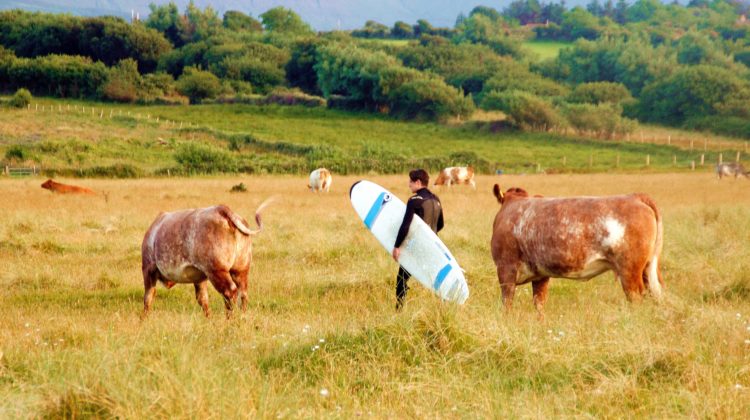
- Asparagopsis comes in two varieties, a warm water variety called Asparagopsis taxiformis, and a cold water variety, Asparagopsis armata.
- The cold water variety grows around New Zealand and a number of research projects and companies are looking to commercialise the production of Asparagopsis armata for use in reducing methane emissions
- Nelson’s Cawthron Institue is running a one-year $100,000 research project
- CH4 Global, was awarded $500,000 by The Provincial Growth Fund, and is aiming to to grow the seaweed in New Zealand and South Australia
- Growing enough seaweed to feed New Zealand dairy herds is a massive challenge, requiring around 1,000 tonnes per day (16kg of dry feed per day, assuming 1% additive)
- But of the 30 million tonnes of seaweed produced annually, 29 million is farmed, so there is clear precedence for farming seaweed at scale
- New Zealand herds primarily graze of fresh grass which presents a major challenge to adding seaweed to feed
NelsonMail writes in depth about Asparagopsis taxiformis and Aspararogpsis armata with a focus on implications for New Zealand herds, viewable here.
Photo by Pat Rooney on Unsplash